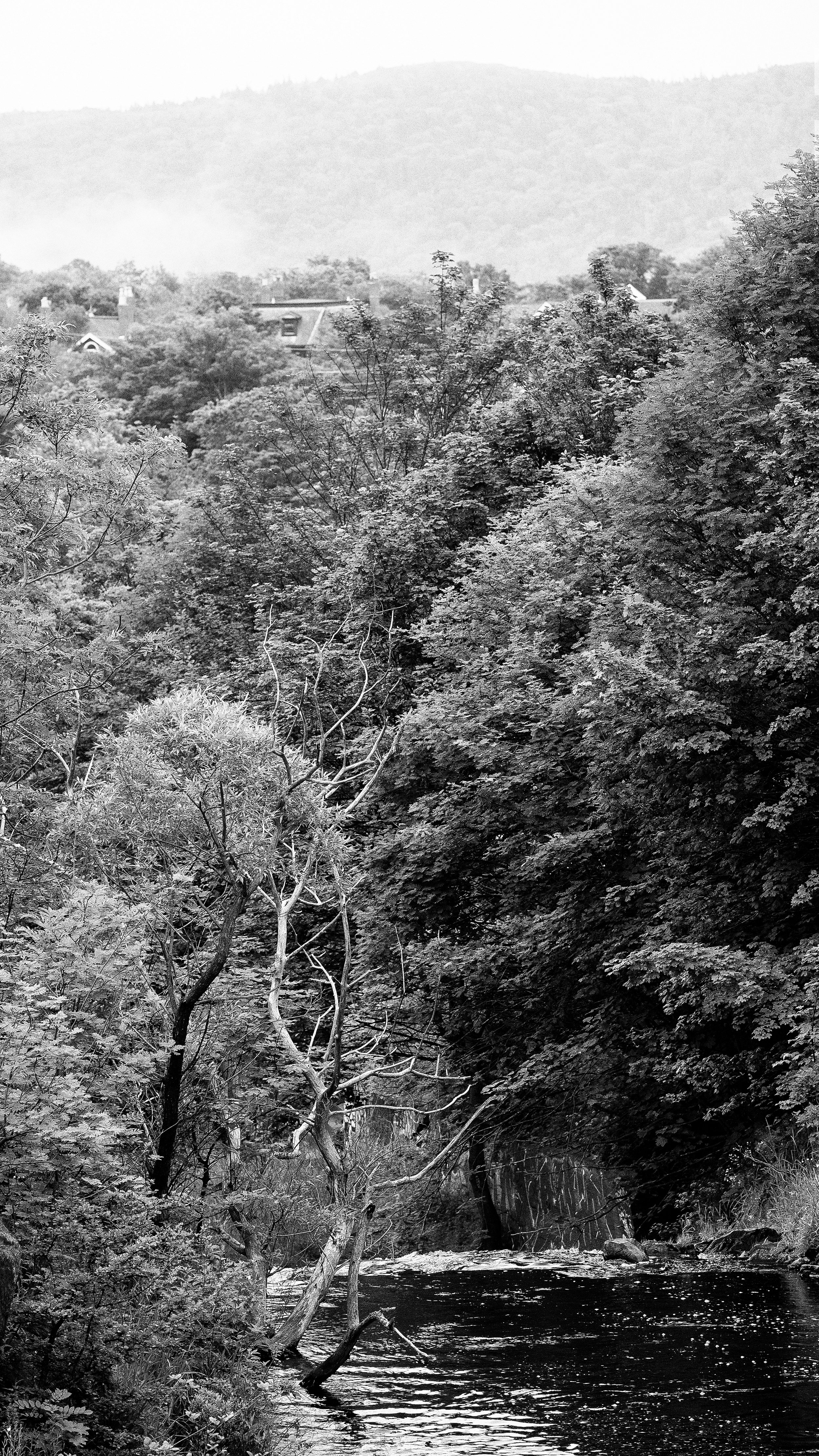Climate change post
It’s been fascinating reading twitter comments on climate change related news – and there is a lot of it. I cannot understand the willingness of so many people, mostly men, to accept any explanation, no matter how outlandish it is, for what is clearly human caused, global in scale, climate change. Among other things I do not understand is why are so many people (mostly men, again) so passionately invested in internal combustion engine powering their cars. Why do you care what makes your car go? Seriously, why does it matter? And then there is the Icon of the Seas. What the actual hell people??? We are in a pandemic of a vicious disease that seems to be compromising just about every organ and system in our bodies, we are in the middle of a global climate change caused by our activities for the past 200 years or so and somebody somewhere thought that what we need is this f@#$ing monstrosity. And 6,000 people can’t wait, they are in fact pre-booking, to get on that spewing, planet destroying, floating petri dish. Jesus, Mary and Joseph…I think it’s quite obvious at this point that cruise industry and private yachts and jets need to go. We can live without those things. no need for it whatsoever.
Here is a collection of climate change related stories.
England is facing water crisis. England. This story in the Guardian is really good because it points out the actual problem - decades, centuries probably of water mismanagement with no long-term planning and focus on short-term profits. “The climate crisis hasn’t caused the water crisis we now face, it has simply shone a punishing, unyielding light on it.” Another story focuses on a particular river and the impacts the draught has on the wildlife. And if you think this is not a problem here, just look at the Rennie’s River and the horrendous construction practices and mismanagement of its watershed now forcing all of the rainfall to rush down into the Quidi Vidi lake without any wetland protection or serious thought to actually maintaining appropriate riparian zones. We built a giant freaking hospital in the middle of what used to be a wetland that slowed down much of the water you now see spilling over in the residential neighbourhoods downstream. Bonkers.
The Washington post has an excellent primer on how your body handles heat, what happens to it in hot and humid conditions and explains the difference between air temperature and wet-bulb temperature that takes into account the humidity as well as the heat.
The heat in much of the world is approaching unsurvivable levels. This excellent story from Spain is an illustration of what that looks like. The photographs by Àngel Garcia are very good.
The Washington post also has a fascinating story about Crawford Lake in Ontario whose unique geology serves as a repository of climate data. It’s actually a hopeful story that, if anything, demonstrates that public policy can have quick and significant impact on the environment. Also, this story and the previous one on heat and our bodies have some interesting interactive elements. Nice to see media experimenting in this way with the complex stories.
Of course, public policy can wreck absolute havoc on the environment and Florida is doing its best to be a poster boy for that particular distinction. Jeff VanderMeer’s huge and comprehensive review of the mess that is Florida is a fascinating read.
And if you don’t read anything else here, read this excellent opinion piece in the New York times by David Wallace-Wells. It seems that humanity has chosen its coping strategy: “…recent research suggests we may come to accept weather extremes as normal within two years — a grim prophecy of accommodation to disaster as a form of adaptation.” This is, of course, only an option for those of us who survive whatever the next weather event, turned catastrophic by runaway climate change, hits us. Good luck…
The photograph was made early this morning along the Rennie’s River.
